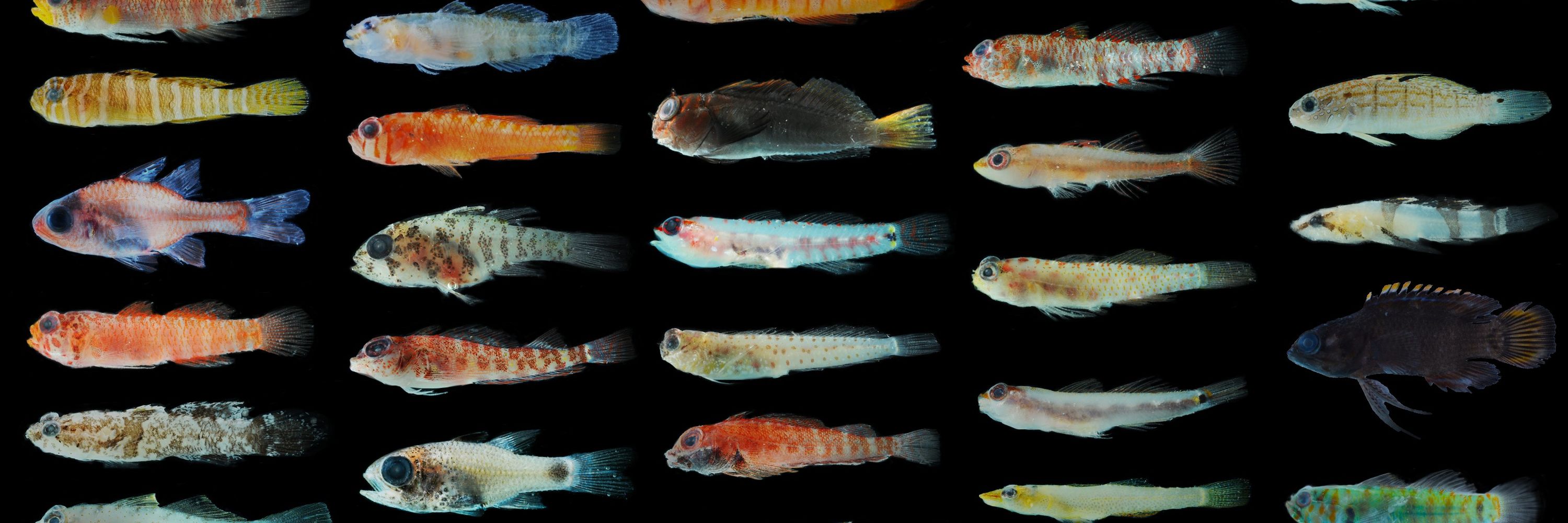
Looking at seabird nutrient effects on cryptobenthic fish productivity in the Indian Ocean 🏝️
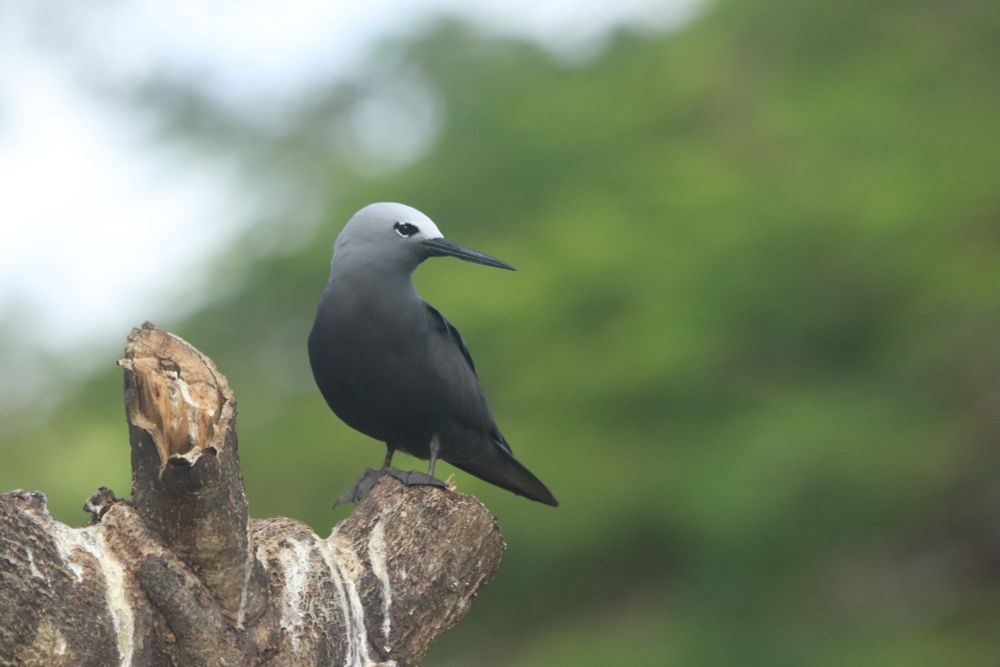
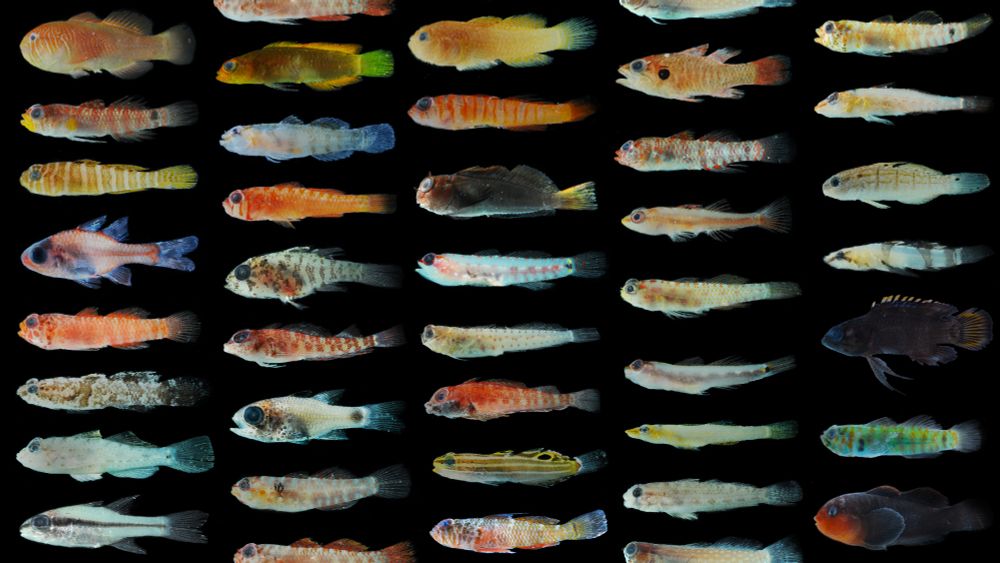
Seabirds' impacts on reefs extends even to some of its tiniest inhabitants - cryptobenthic reef fishes 🐠
Near colonies, these fishes assimilate seabird nutrients (💩), grow larger 📈 & more at: royalsocietypublishing.org/doi/10.1098/...
@royalsocietypublishing.org
🪸🐠 Coral restoration (int'l): www.findaphd.com/phds/project...
🌴📊 Corporate sustainability (UK): www.findaphd.com/phds/project...

🪸🐠 Coral restoration (int'l): www.findaphd.com/phds/project...
🌴📊 Corporate sustainability (UK): www.findaphd.com/phds/project...
Nutrient inputs from seabirds affect the feeding strategies and physical traits of reef fishes, enriching reef waters with nitrogen and phosphorus.
@lljeannot.bsky.social
https://royalsocietypublishing.org/doi/10.1098/rspb.2025.0539
Nutrient inputs from seabirds affect the feeding strategies and physical traits of reef fishes, enriching reef waters with nitrogen and phosphorus.
@lljeannot.bsky.social
https://royalsocietypublishing.org/doi/10.1098/rspb.2025.0539
We highlight knowledge gaps & future directions ✨
"The circular seabird economy is critical for oceans, islands and people": doi.org/10.1038/s443...

We highlight knowledge gaps & future directions ✨
"The circular seabird economy is critical for oceans, islands and people": doi.org/10.1038/s443...


Head to our website to read all the latest studies on ocean and climate.
Looking for more? Check out past summaries of scientific reports on a broad range of ocean topics. #OneOceanOnePlanet www.oceanprotect.org/2025/08/06/m...

Head to our website to read all the latest studies on ocean and climate.
Looking for more? Check out past summaries of scientific reports on a broad range of ocean topics. #OneOceanOnePlanet www.oceanprotect.org/2025/08/06/m...
New @iomarinescience.bsky.social research out now in @royalsocietypublishing.org: doi.org/10.1098/rspb...
📸 @robinfreeman.bsky.social
🧪🌍🪶
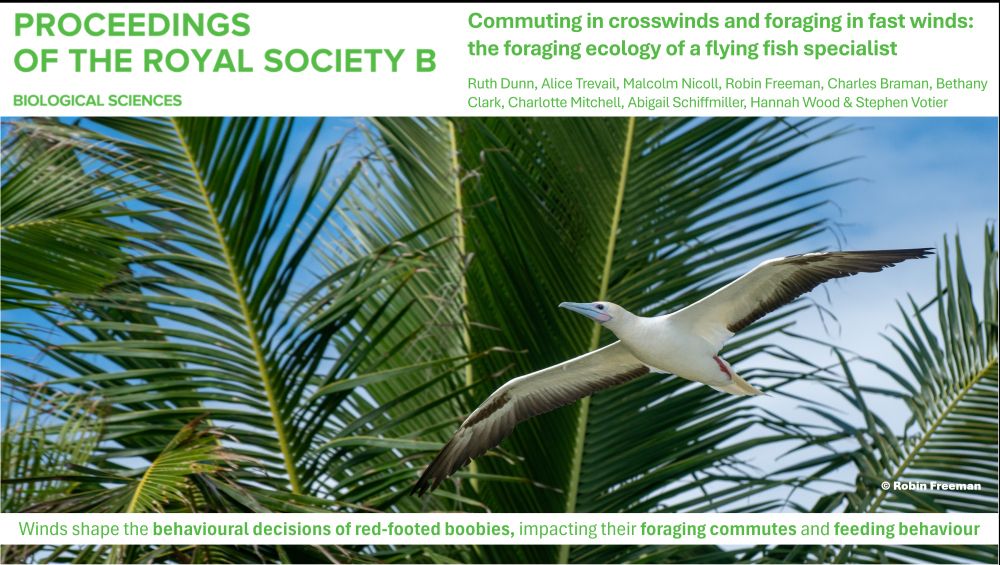
New @iomarinescience.bsky.social research out now in @royalsocietypublishing.org: doi.org/10.1098/rspb...
📸 @robinfreeman.bsky.social
🧪🌍🪶
📽️ @ruthedunn.bsky.social
doi.org/10.1111/1365...
@jappliedecology.bsky.social @iomarinescience.bsky.social @exetermarine.bsky.social @zslofficial.bsky.social
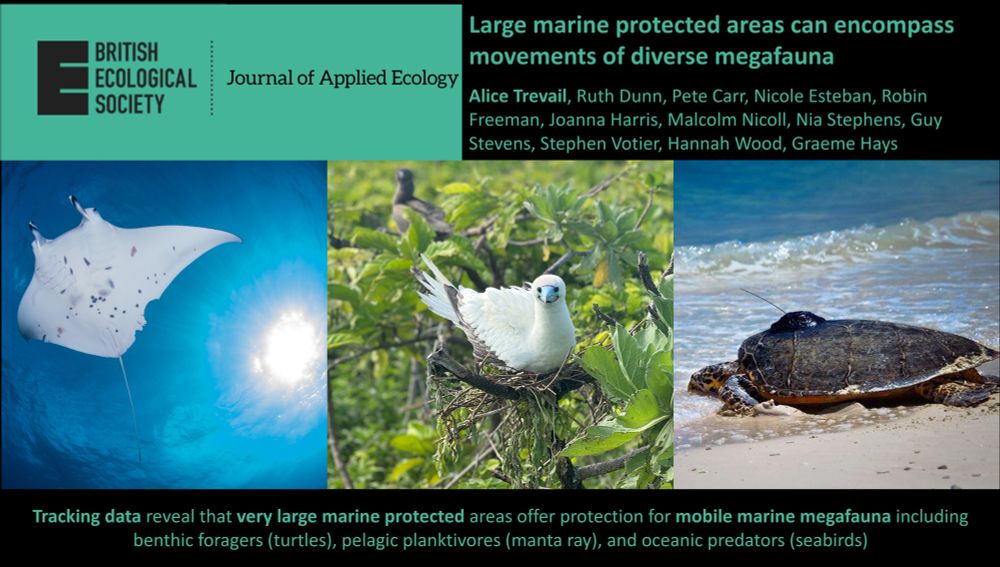
doi.org/10.1111/1365...
@jappliedecology.bsky.social @iomarinescience.bsky.social @exetermarine.bsky.social @zslofficial.bsky.social
Turns out that 2/3 of these assertions are very wrong...
🌐
🦑🧪
🧵⬇️
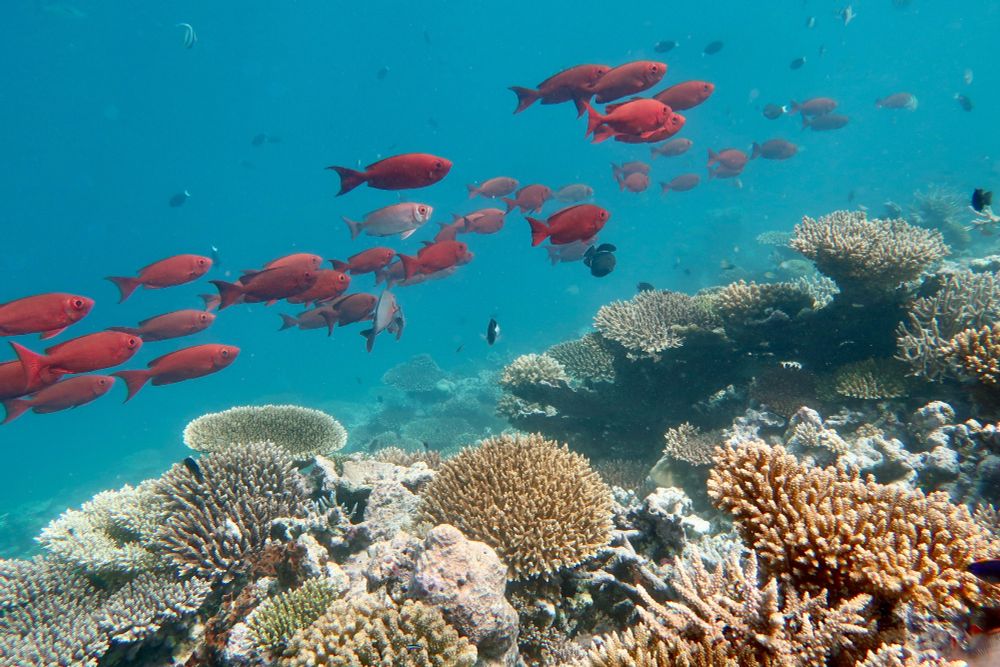
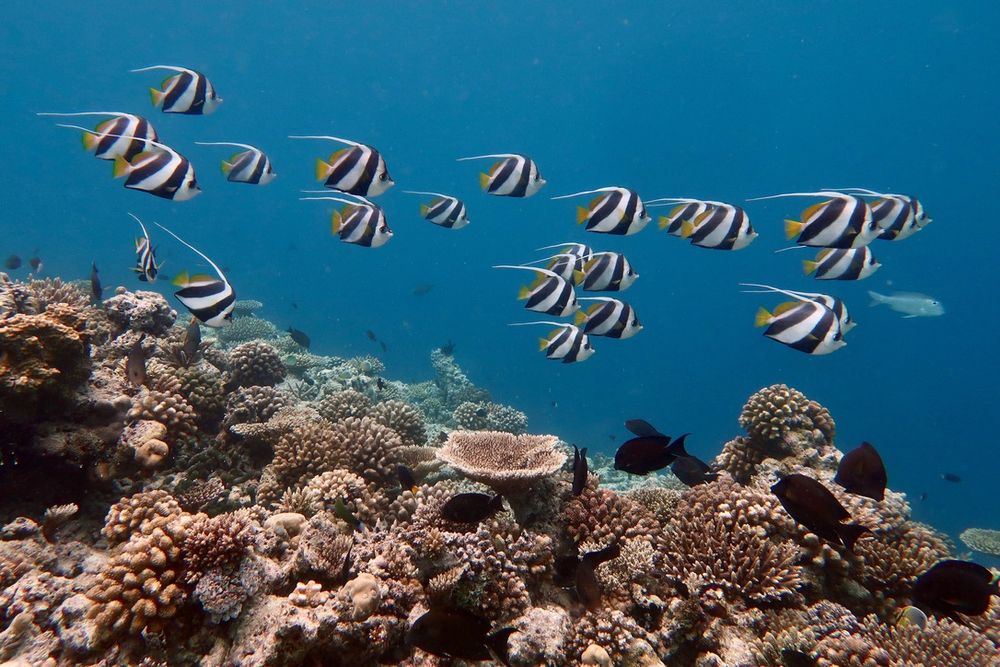
Turns out that 2/3 of these assertions are very wrong...
🌐
🦑🧪
🧵⬇️
Out today in @globalchangebio.bsky.social:
doi.org/10.1111/gcb....
@lancasteruni.bsky.social @zslofficial.bsky.social @ulpgc.es @qmul.bsky.social @leibniz-gemeinschaft.de @lec-reefs.bsky.social
📸 @nuno_vasco_rodrigues
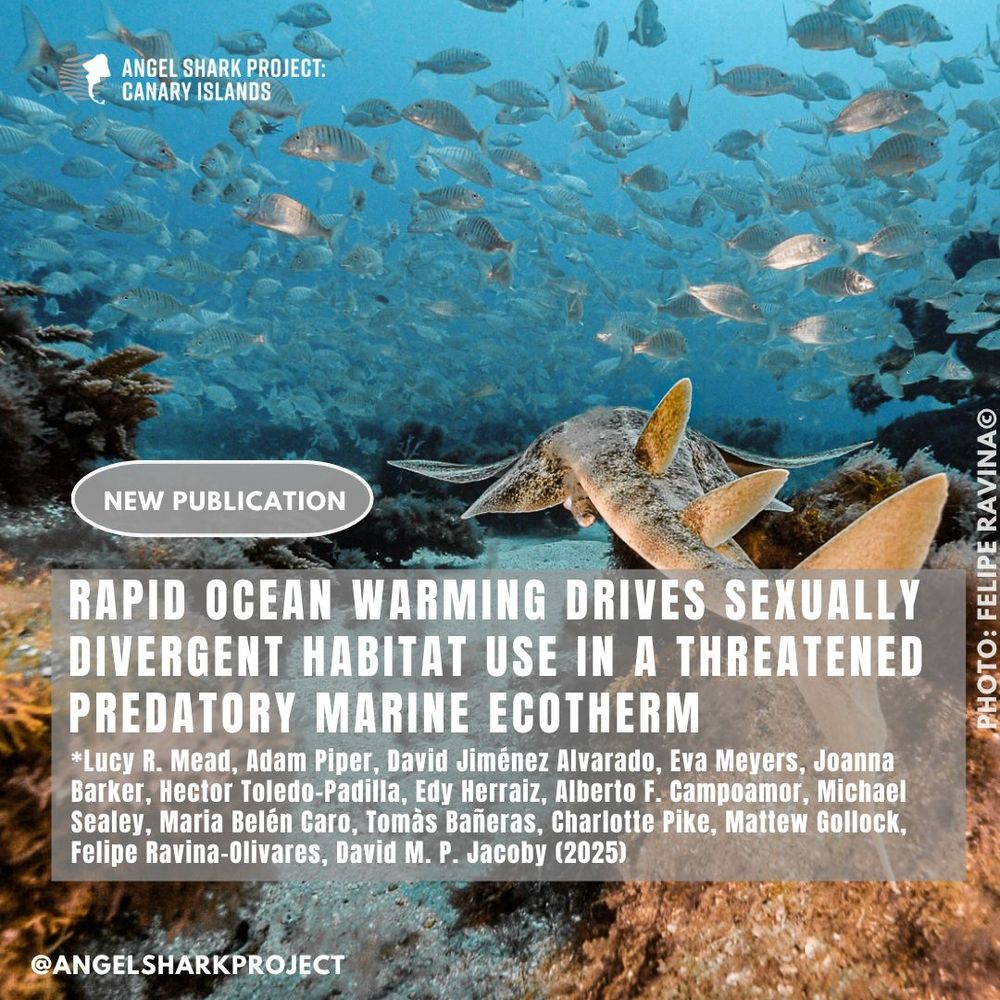
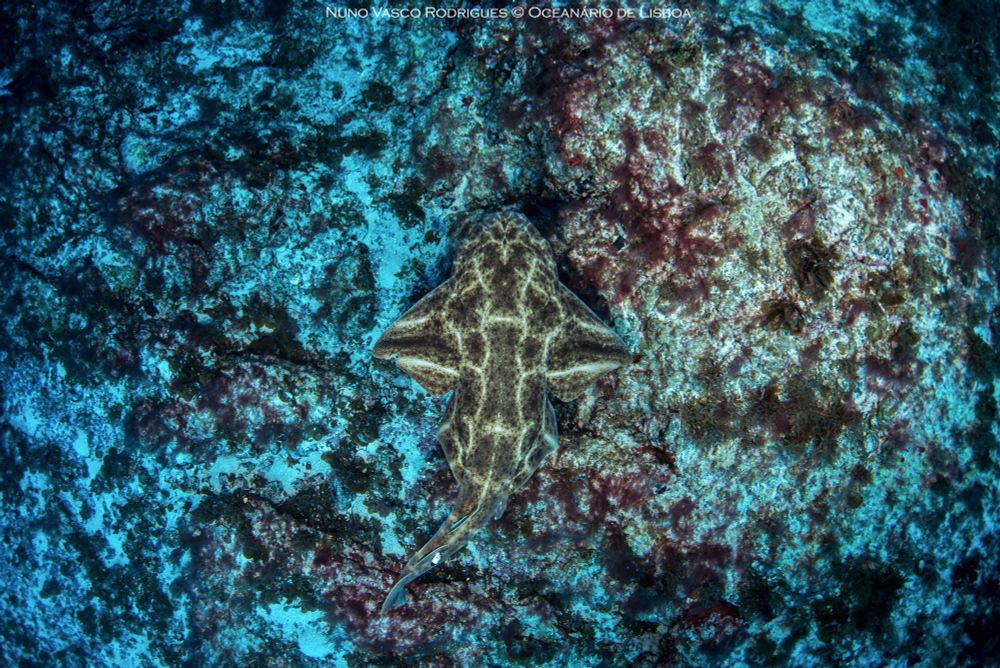
Out today in @globalchangebio.bsky.social:
doi.org/10.1111/gcb....
@lancasteruni.bsky.social @zslofficial.bsky.social @ulpgc.es @qmul.bsky.social @leibniz-gemeinschaft.de @lec-reefs.bsky.social
📸 @nuno_vasco_rodrigues
We find distinct recovery archetypes shaped by atoll location & coral assemblages
onlinelibrary.wiley.com/doi/10.1111/...
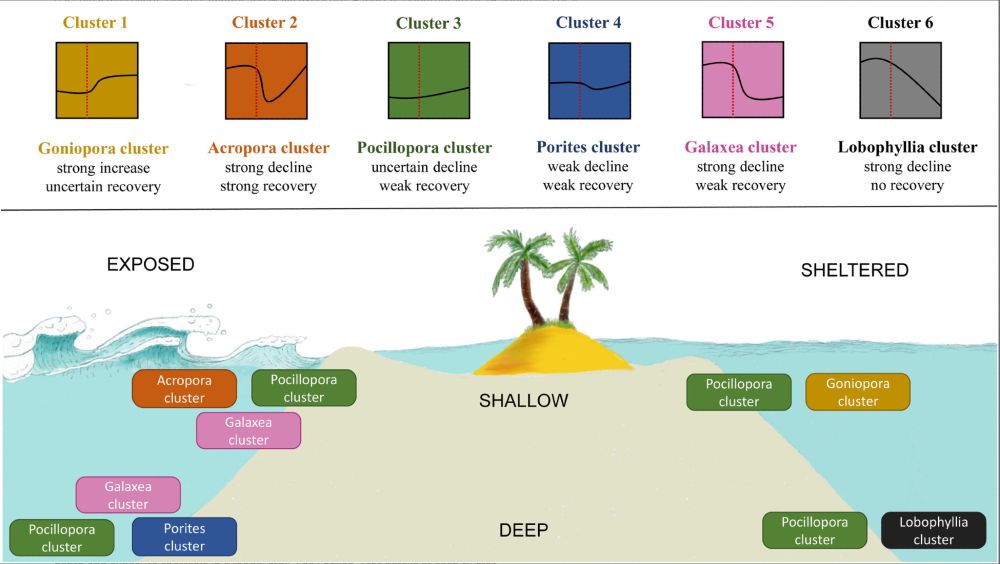
We find distinct recovery archetypes shaped by atoll location & coral assemblages
onlinelibrary.wiley.com/doi/10.1111/...
Seabirds' impacts on reefs extends even to some of its tiniest inhabitants - cryptobenthic reef fishes 🐠
Near colonies, these fishes assimilate seabird nutrients (💩), grow larger 📈 & more at: royalsocietypublishing.org/doi/10.1098/...
@royalsocietypublishing.org


Seabirds' impacts on reefs extends even to some of its tiniest inhabitants - cryptobenthic reef fishes 🐠
Near colonies, these fishes assimilate seabird nutrients (💩), grow larger 📈 & more at: royalsocietypublishing.org/doi/10.1098/...
@royalsocietypublishing.org
We show evidence of spatially dependent effects of depth on benthic community structure across the Pacific Ocean.
🌊🧵⬇️
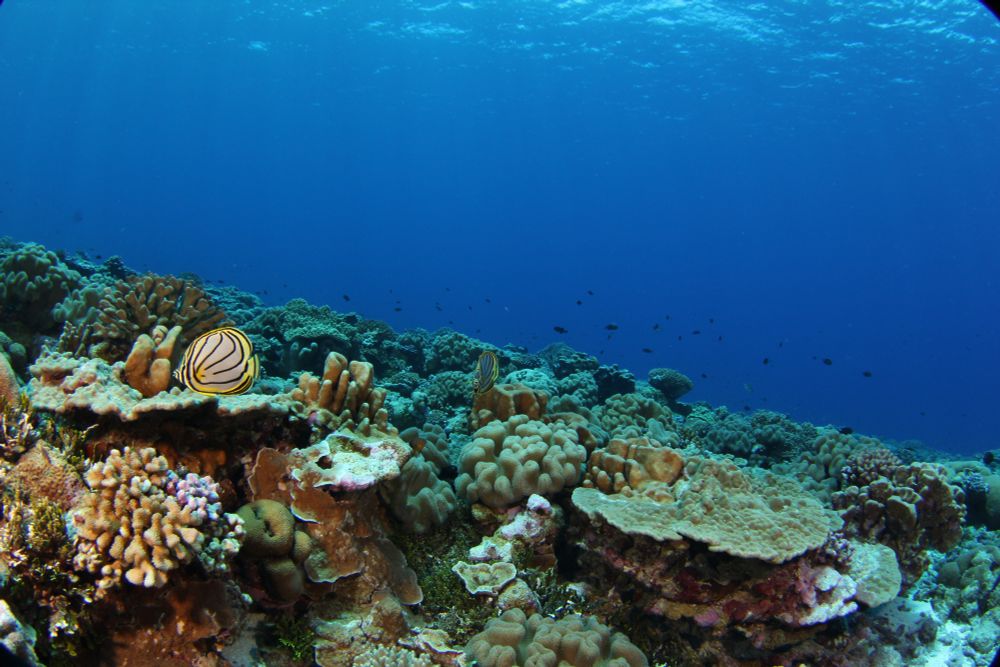
We show evidence of spatially dependent effects of depth on benthic community structure across the Pacific Ocean.
🌊🧵⬇️
Ft. talks from
@cbenkwitt.bsky.social
@lljeannot.bsky.social
@ruchakarkarey.bsky.social
@james-robinson.bsky.social
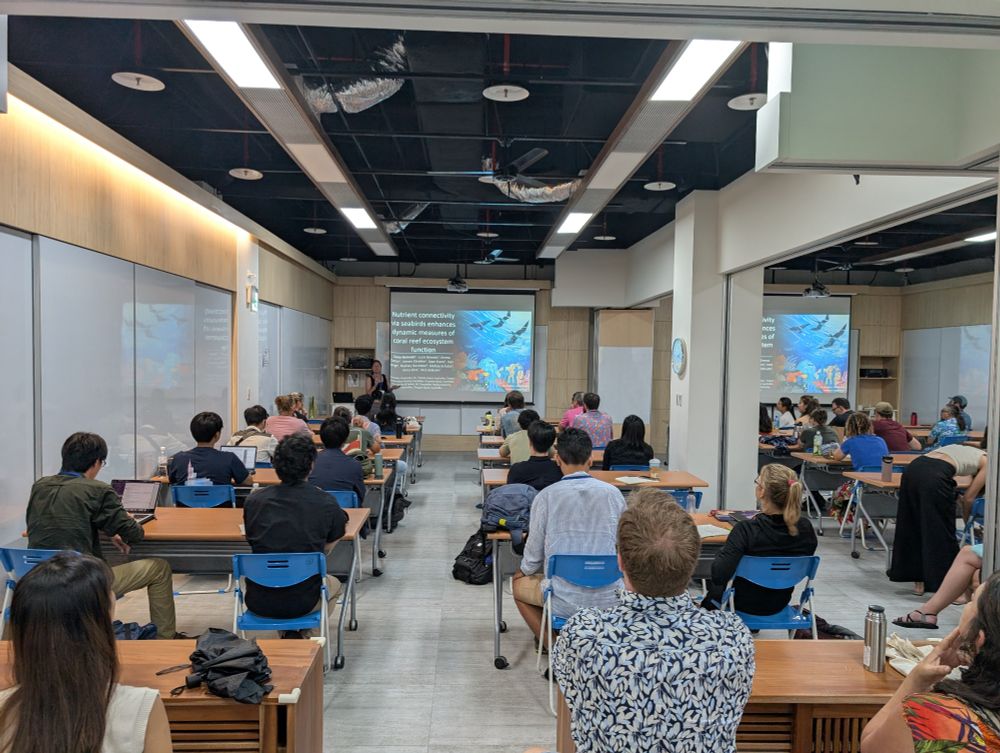
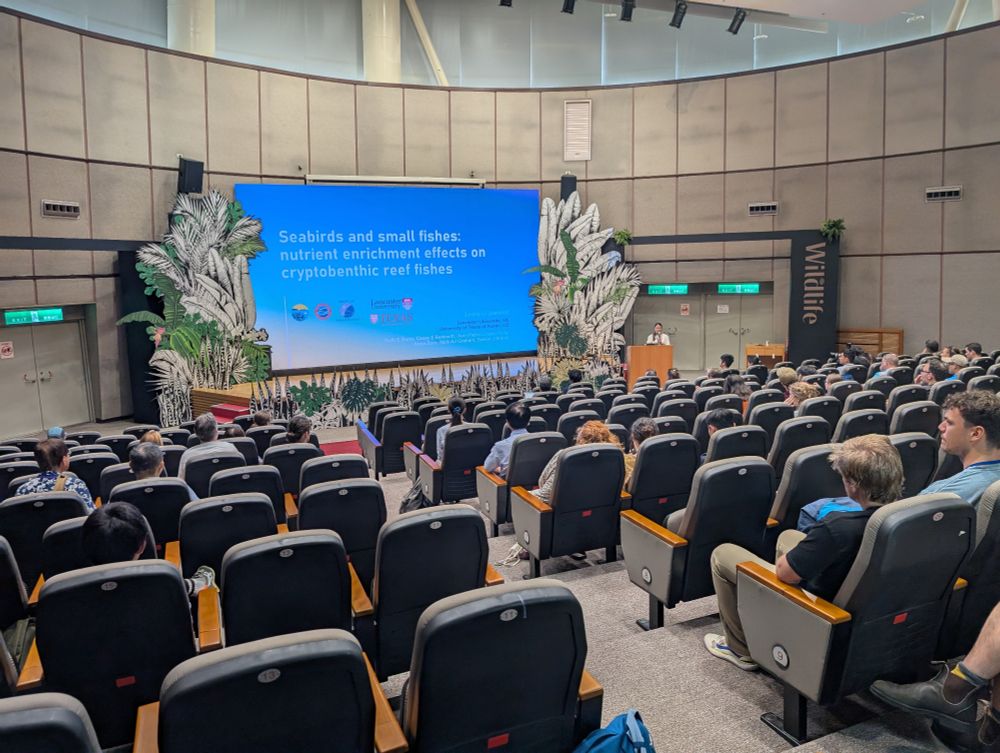
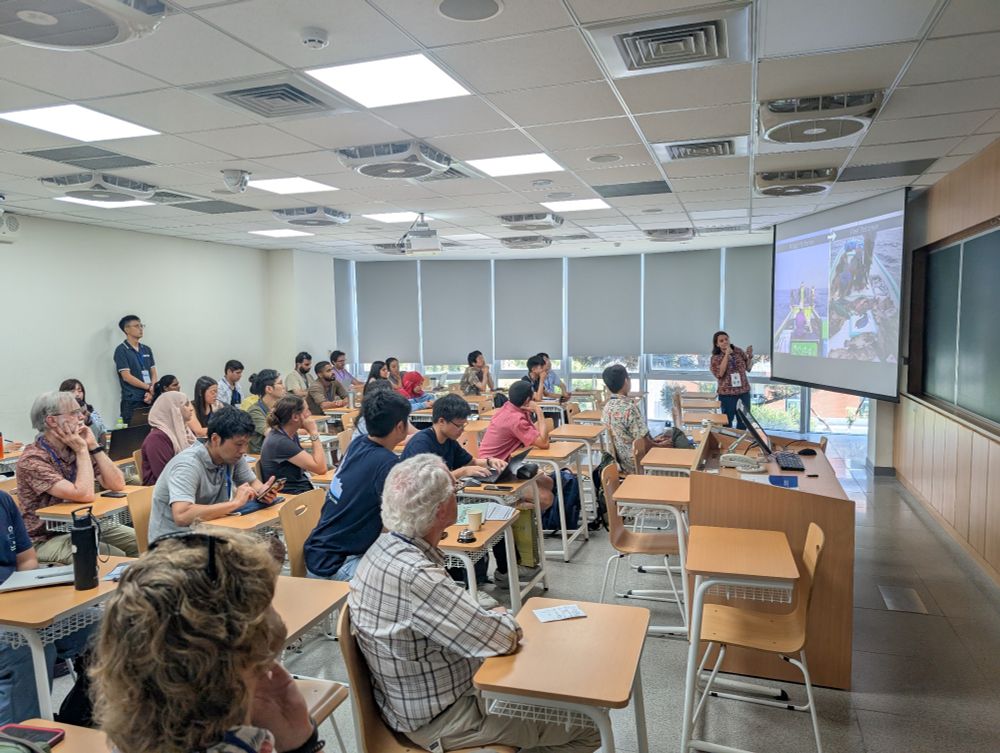
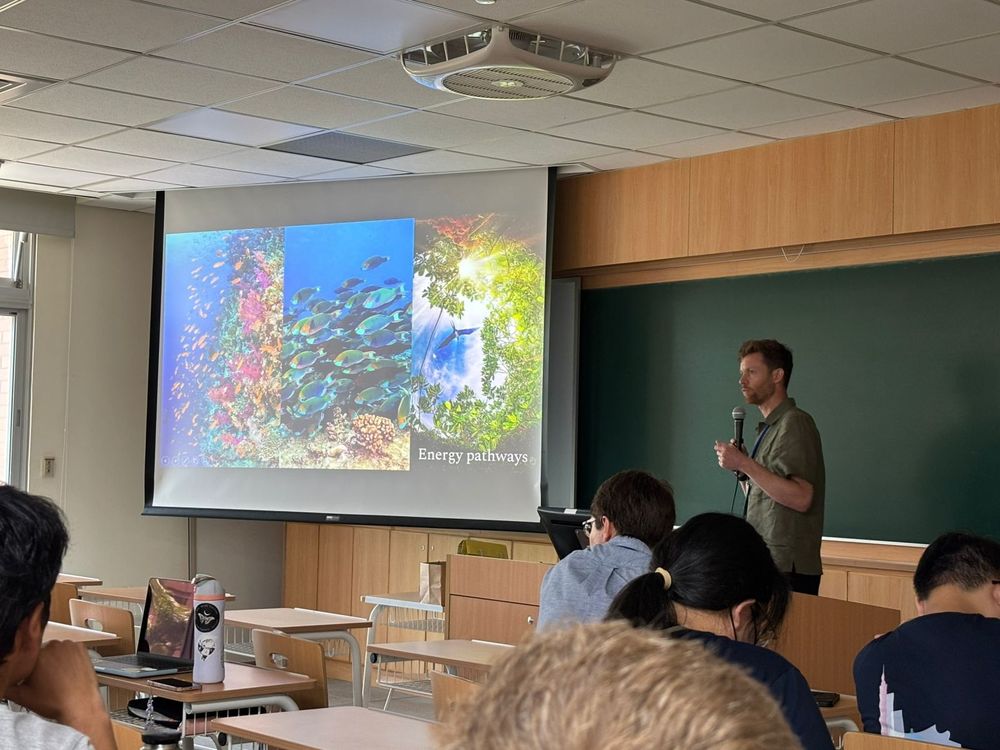
Ft. talks from
@cbenkwitt.bsky.social
@lljeannot.bsky.social
@ruchakarkarey.bsky.social
@james-robinson.bsky.social
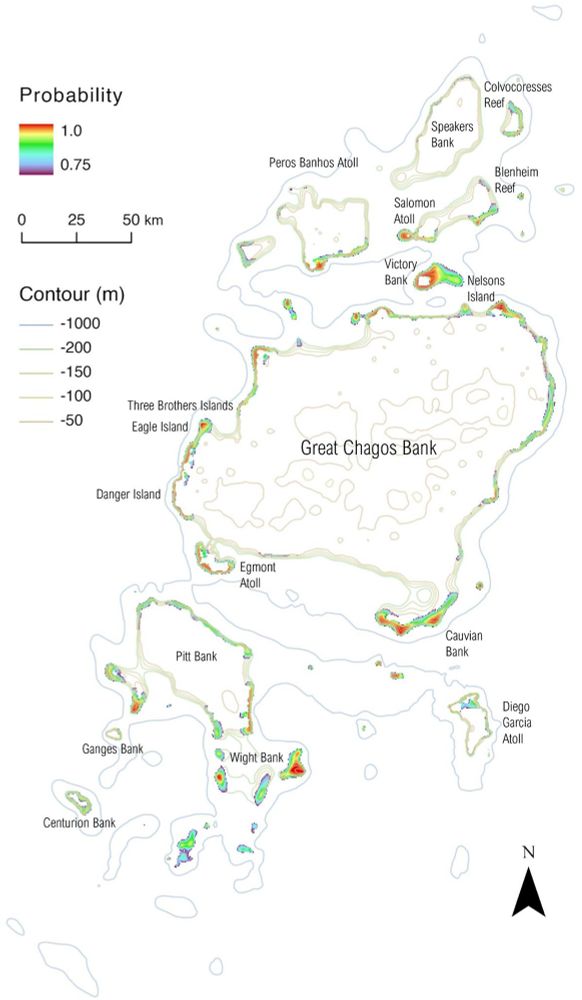
fishandfunctions.com/s/Postdoc_Ad...
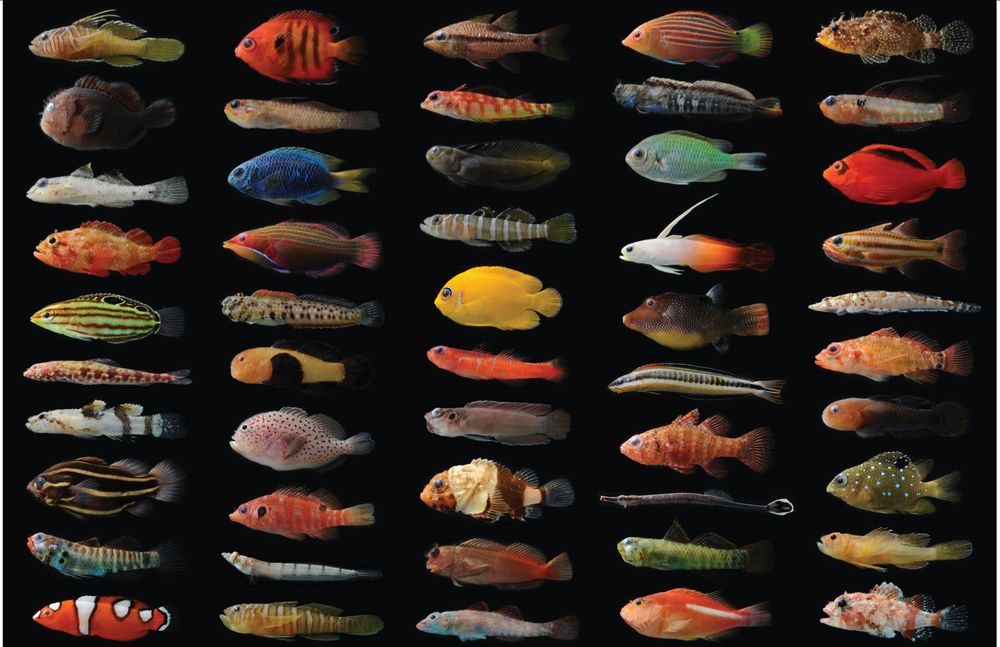
fishandfunctions.com/s/Postdoc_Ad...
🦈Urgent conservation action needed for WIO’s large-bodied fish. Sharks, giant groupers & green humphead parrotfishes face alarming declines in the WIO due to overfishing & climate change. 🦈
@sosbangor.bsky.social
t.co/wJiMuTmZih
🦈Urgent conservation action needed for WIO’s large-bodied fish. Sharks, giant groupers & green humphead parrotfishes face alarming declines in the WIO due to overfishing & climate change. 🦈
@sosbangor.bsky.social
t.co/wJiMuTmZih
We found that changes in latitudinal diversity gradient & rising species turnover were strongly correlated with shifts in coral composition
Out now in Nature Comms www.nature.com/articles/s41...
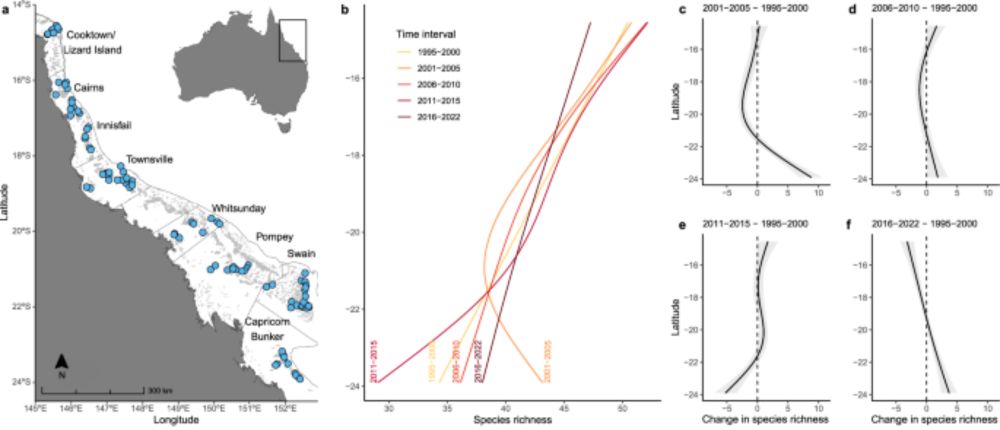
We found that changes in latitudinal diversity gradient & rising species turnover were strongly correlated with shifts in coral composition
Out now in Nature Comms www.nature.com/articles/s41...
Out now in Ecology Letters! 🦑 🧪 🌊 🌍
onlinelibrary.wiley.com/doi/10.1111/...
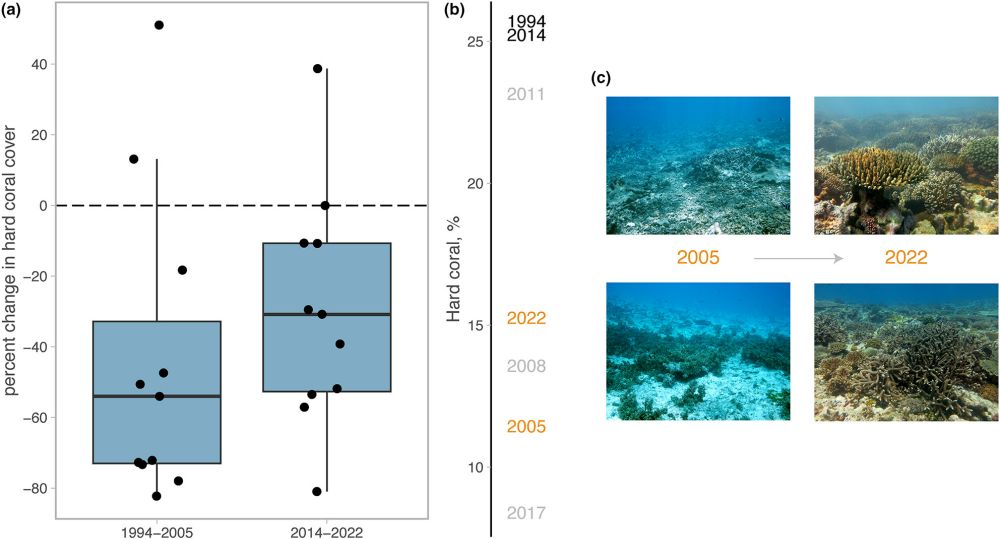
Out now in Ecology Letters! 🦑 🧪 🌊 🌍
We compare indicators for monitoring the impacts of island restoration on coral reefs. Massive thanks to our huge list of collaborators, which enabled us to look at seabirds, nutrients, microbes, algae, corals, and fish! 🐦🦠🌱🪸🐠
www.sciencedirect.com/science/arti...
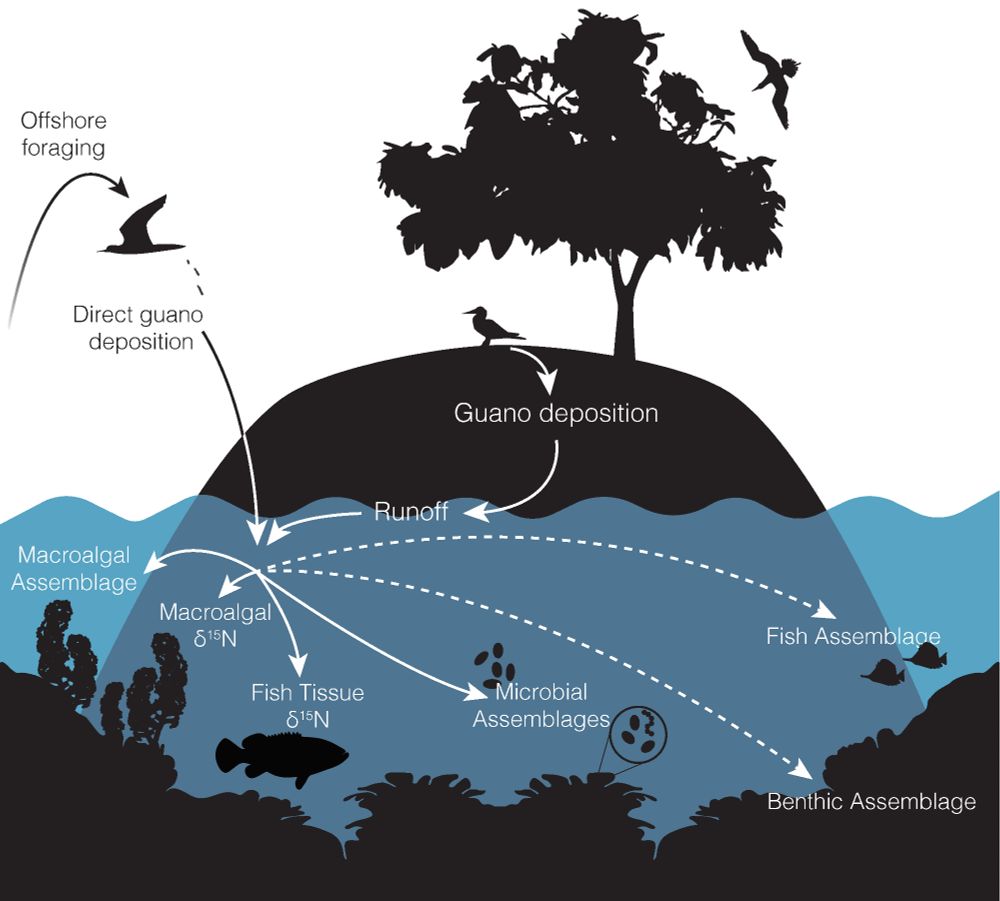
We compare indicators for monitoring the impacts of island restoration on coral reefs. Massive thanks to our huge list of collaborators, which enabled us to look at seabirds, nutrients, microbes, algae, corals, and fish! 🐦🦠🌱🪸🐠
www.sciencedirect.com/science/arti...
Out now in Ecology & Evolution: dx.doi.org/10.1002/ece3...
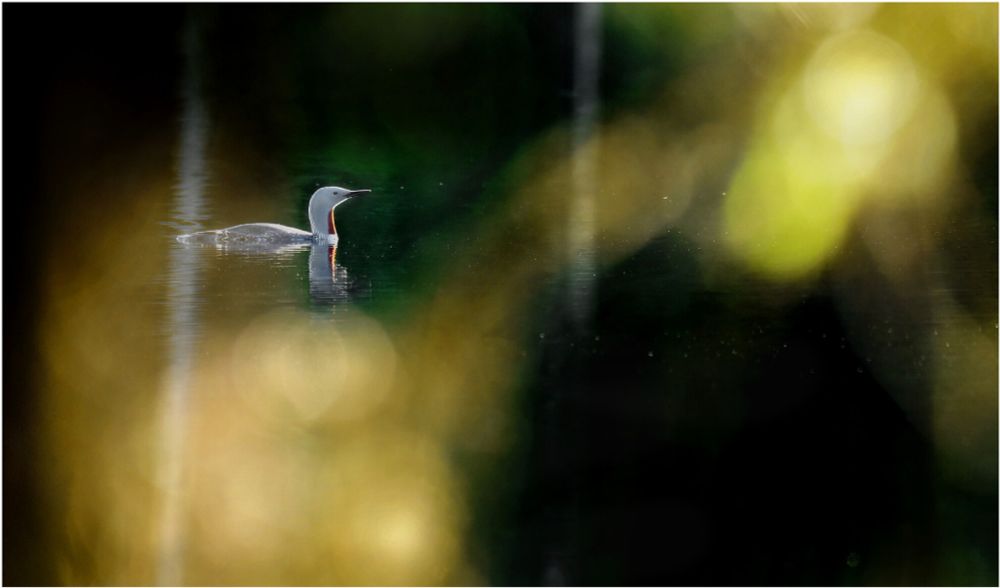
Out now in Ecology & Evolution: dx.doi.org/10.1002/ece3...
Open access: esajournals.onlinelibrary.wiley.com/doi/full/10....
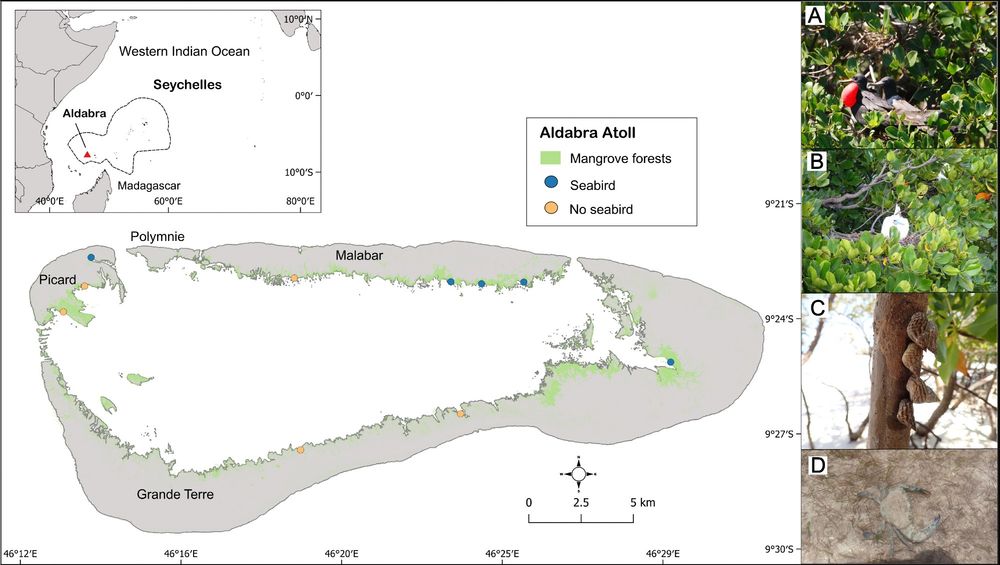
Open access: esajournals.onlinelibrary.wiley.com/doi/full/10....
We show that scale matters when quantifying motile cryptofauna on tropical coral reefs 🦀
Paper in MEPS: www.int-res.com/abstracts/me...
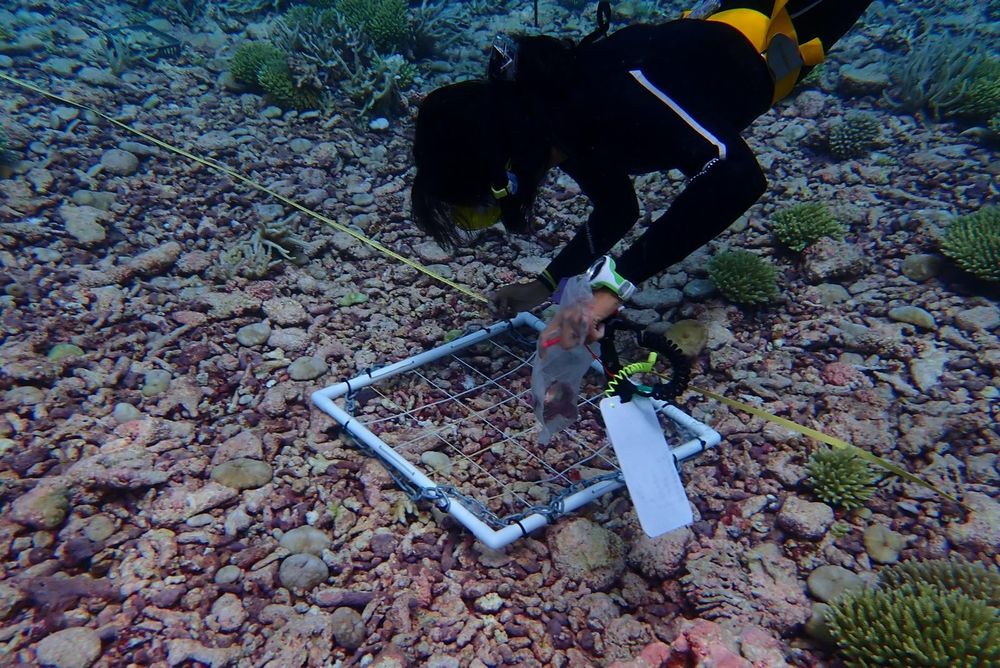
We show that scale matters when quantifying motile cryptofauna on tropical coral reefs 🦀
Paper in MEPS: www.int-res.com/abstracts/me...

